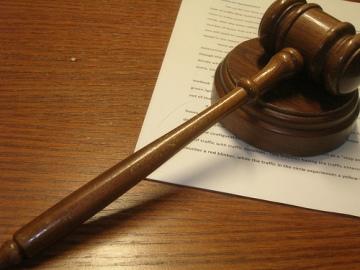
Section Branding
Header Content
Assisted Suicide Law Struck Down
Primary Content

The Georgia Supreme Court has ruled that the state's assisted suicide law obstructs free speech.
Prosecutors say, without the law, there's no case against four Forsyth County men charged in a 58-year-old's suicide.
The law didn't prohibit assisted suicide, but made advertising it a criminal act.
The justices said, the state gave no reason for banning free speech for an otherwise legal act.
For the men charged in a 2008 case involving a Georgia cancer patient, a three year court battle now could be nearing an end.
Defendent Ted Goodwin says, the 1994 law was a hasty response to the late Jack Kevorkian's well-publicized suicides.
"I think in the wake of this, there was some modest amount of hysteria probably among these lawmakers who vowed to not let that happen in Georgia," Goodwin says.
Defendant Lawrence Egbert, a Baltimore doctor, says, the cancer patient he and the other defendants counseled was in excruciating pain.
"They ask. They beg. They're suffering," Egbert says. "This guy was in hell. And we respected that."
Goodwin stopped counseling those near death as a condition of his bond but now says, he'll likely resume.
Tags: Georgia Supreme Court, Forsyth County, cancer, Supreme Court of Georgia, GPB News, assisted suicide, Georgia State Supreme Court, Baltimore, Jack Kevorkian, Lawrence Egbert, Ted Goodwin
Bottom Content

